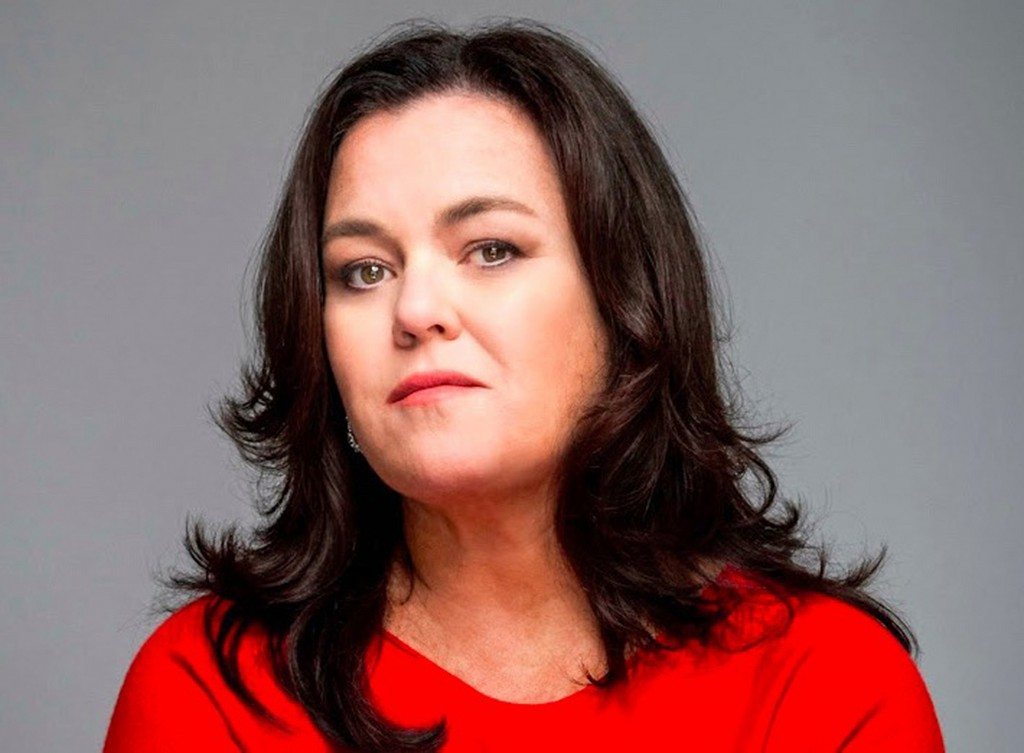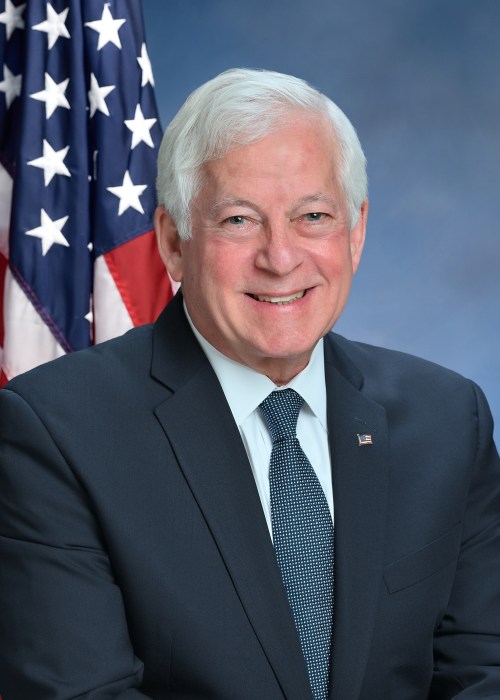
On Aug. 18, Rosie O’Donnell took to social media to ask her followers to help her find her 17-year-old daughter Chelsea, who had run away from home the week before. O’Donnell posted an alert on her website and Twitter account stating that Chelsea hadn’t been seen since Aug. 11.
O’Donnell also posted that her daughter had stopped taking her medication and “was in need of medical attention.” Her spokesperson added that “Chelsea, like millions of people, lives with mental illness. It has been a difficult road for Chelsea and her family and they just want her back safe.”
Thankfully, Chelsea was found unharmed. Apparently, alerts from her peers and the pinging on her cell phone led police to her location. O’Donnell tweeted her thanks, telling her followers, “Chelsea has been found and is safe in police custody—thank u all for the help and light #missingchildren.”
While no one outside of O’Donnell’s family knows the circumstances that led Chelsea to run away, one possible cause is clear. A quick search on social media revealed that there is no shortage of gossip about Chelsea’s family life, sarcasm about O’Donnell’s fitness as a mother, black humor suggesting she was kidnapped by Donald Trump and speculation about the missing girl’s mental status. There were also shaming commentaries as to how her mother’s impending divorce may have contributed to her daughter’s distress.
It’s more than likely that Chelsea O’Donnell had easy access to all of this. One can only imagine how a young person in turmoil was able to make sense out of it, and how much of the onslaught of cyberbullying against her family contributed to her demoralization before she made the dangerous choice to head to the home of a stranger, a 25-year-old who had a history of criminal offenses whom Chelsea met on an online dating app called Tinder.
All media—conventional and social—can be invaluable in helping to track down a missing child; that is a blessing. Almost anything in the way of messaging that might lead to the recovery of a runaway child is welcome.
But where’s the dividing line between offering assistance and adding to the emotional damage? What is the benefit in publicly revealing, among a population (that’s us, folks) that remains primitive in their understanding and acceptance of mental illness, that the runaway child has a history of mental health problems? While there should be no shame in having a mental illness, any more than with any other illness like diabetes, we still live in a culture that stigmatizes those who face these challenges. This story, and the subsequent cyberattacks joking about the condition, make that more clear than ever before.
Traditional media in recent decades has skewed more and more in the direction of sensationalism. It’s not unheard of for certain media outlets to use expressions such as “crazy” or “loony” to refer to those with mental illness; and social media, a 24-7 town meeting with minimal monitoring, is a runaway train that assumes more of the characteristics of chaos than order. The very tools we now have at our disposal that can be instrumental in the recovery of a missing child can also administer damage that the public ignores in the celebratory aftermath of the child’s recovery.
In the O’Donnell case, it seems likely that the family made a decision to discuss Chelsea’s mental health issues to help find their child, and one cannot imagine a more compelling reason to “go public” with her condition. But it’s also likely that, given the ignorance that is so widespread regarding mental illness, it wasn’t an easy decision for them to make.
If this incident sheds some light and sparks some intelligent discussions about media sensationalism, the role of social media both for good and ill, and the stigma surrounding mental illness, then that will at least result in some positive outcomes from what has been a sad, personal family story made public.
Andrew Malekoff is the executive director of North Shore Child & Family Guidance Center, which provides comprehensive mental health services for children from birth through age 24 and their families. To find out more, visit www.northshorechildguidance.org.






























